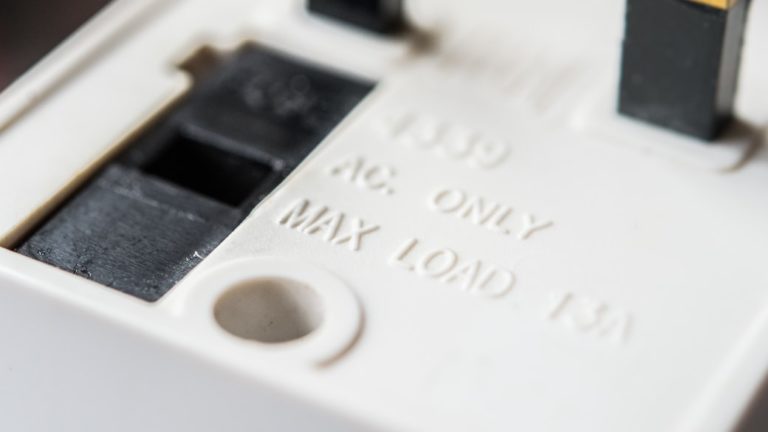Physics can be a particularly difficult subject to master. To get that top grade, organisation and reading around the topic are key. Most importantly, never be afraid to ask for help - the only stupid question is the one you didn't ask!
Physics may be a tough subject but it is highly respected. If you get yourself organised, motivated and disciplined there is no reason why you cannot obtain a a high score in the subject. Follow these top tips and you will be well on your way to obtaining the highest possible grade.
1. Get the schedule of how topics are going to be taught
You need to know the order in which topics will be taught, and you can find out simply by asking your teacher. If you can enter the classroom knowing something about the subject, and what is next on the agenda then you will learn and understand a lot more.
2. Read the topic before you are taught by your teacher
You know the schedule so you need to prepare. Read about the topic to get a basic understanding. Try and grasp the basic principles involved and the equations you may be taught. You do not need to go into detail and do not waste time if you get stuck. Write down the summary of what you have understood and what you are going to ask your teacher.
3. Listen to your teacher and learn
This may seem a bit obvious, but you need to pay attention in class! If you want the best grade, then use your teacher to the maximum potential. Your teacher will explain concepts and equations and you need to be ready to ask your questions. Remember there is no such thing as a stupid question – if you don’t understand something then ask as there will probably be lots of other students glad you asked. I would recommend being as specific as possible to allow the teacher to answer and move on. If your teacher has moved on and you wanted to ask a question, wait until the end of the lesson and show your teacher you were listening and paying attention.
4. Follow-up time
You should spend a similar amount of time reviewing your notes as the time spent in the lesson. Use the time wisely to read and understand your notes and start practice questions on the topic. You then need to prepare for the next lesson. It is important in Physics to make sure you understand previous topics before moving on. This way you will appreciate and enjoy the subject more. It is also the way to get the best grade.
5. Practice questions
Your examination will have questions that you need to be able to answer! The more you practice the better you will understand and the better mark you will obtain. Attempting practice questions is the first real task in testing your knowledge. If you can do the practice questions, then move on to the past paper questions.
6. Basic techniques for answering questions
Firstly, understand the basic principles involved with the topic. Secondly, a lot of physics questions involve equations containing constants. Try and memorise the basic equations and the fundamental constants. Of greater importance is knowing what is given to you on the examination paper. You do not need to be a fantastic mathematician to be a good physicist, but you need to know how equations are obtained. Knowing how an equation is obtained or derived will give you a better understanding of the topic. Do not ignore the units as the units will inform you how equations are put together. Make sure you use the correct unit and include the unit in every answer as marks are always awarded for units.
7. What if I still don’t understand?
There will be plenty of times when you attempt questions and get them wrong or do not know how to start. The first important message to understand is: don’t panic. Reflect on your work, re-read your notes, make additional notes and attempt the question again. If you do not succeed then ask your teacher, ask your friends, research the internet or get external help. You will potentially fail if you do not understand the question or topic as other material may require the topic knowledge.
8. The examination questions
Physics questions can be misleading and appear incomprehensible. Break down the question into what is being asked. You need to focus on the important and relevant points and ignore information that would not change your answer. Once you have identified what is being asked and the relevant points, you need to start writing down the equations that may answer the question. In most physics problems a diagram is crucial and will tell you exactly what is happening. Draw on everything you know and don’t leave out any hidden aspects e.g. friction force. Before you answer the question try and estimate what the answer will be. After you have answered the question the most important thing to do is double check your answer and make sure you have included all the units. Some of the common mistakes are wrong orders of magnitude, units missing and negative signs missing.
Follow the above process and improve your grade in physics. Don’t forget that if all else fails get as much help as possible.



Start the discussion!